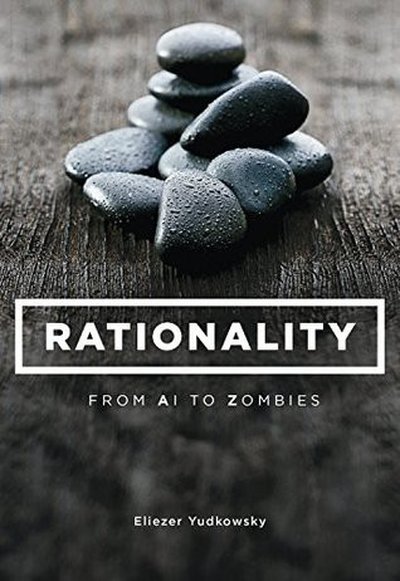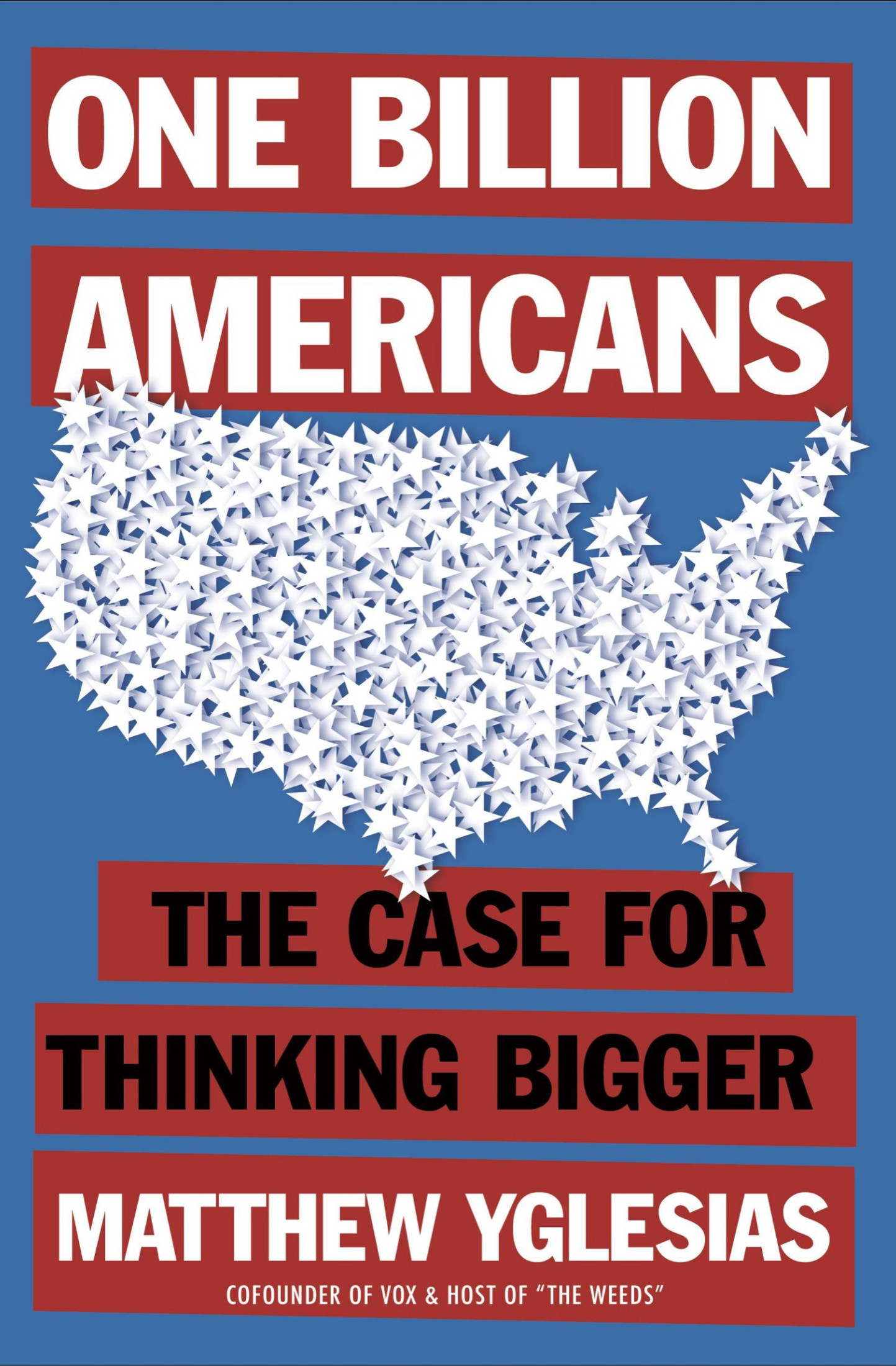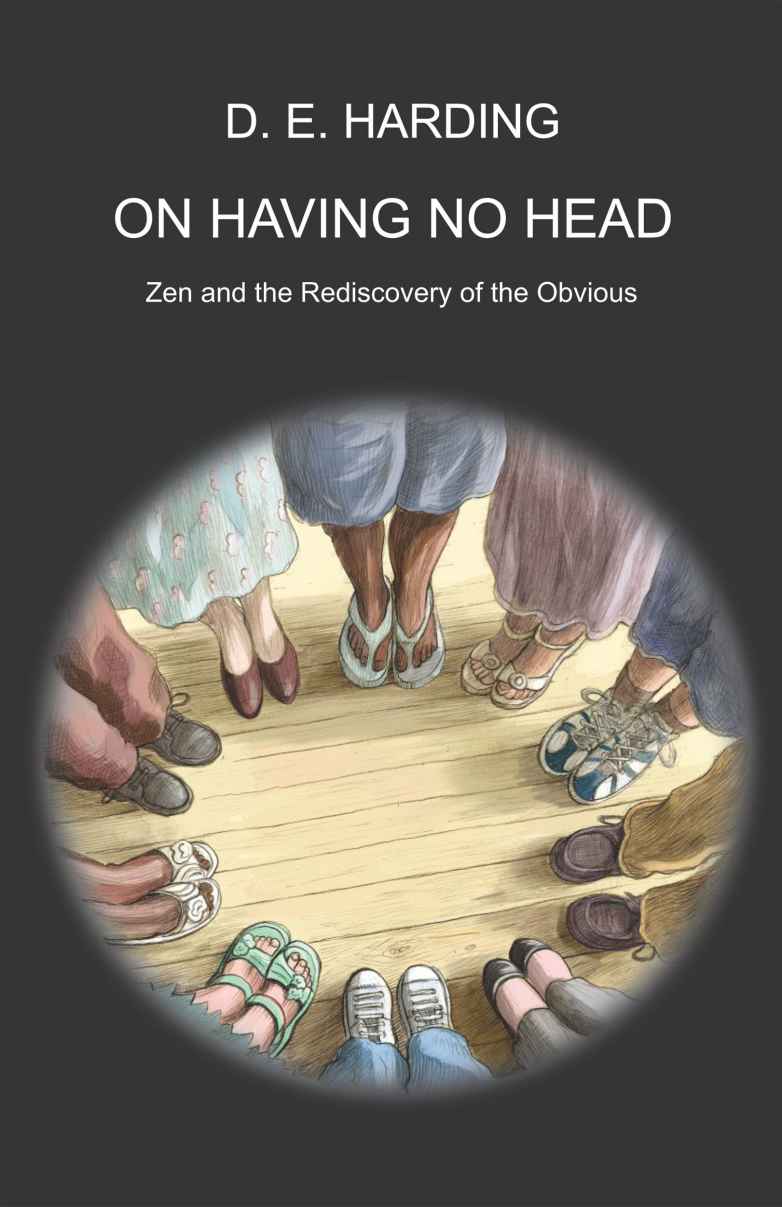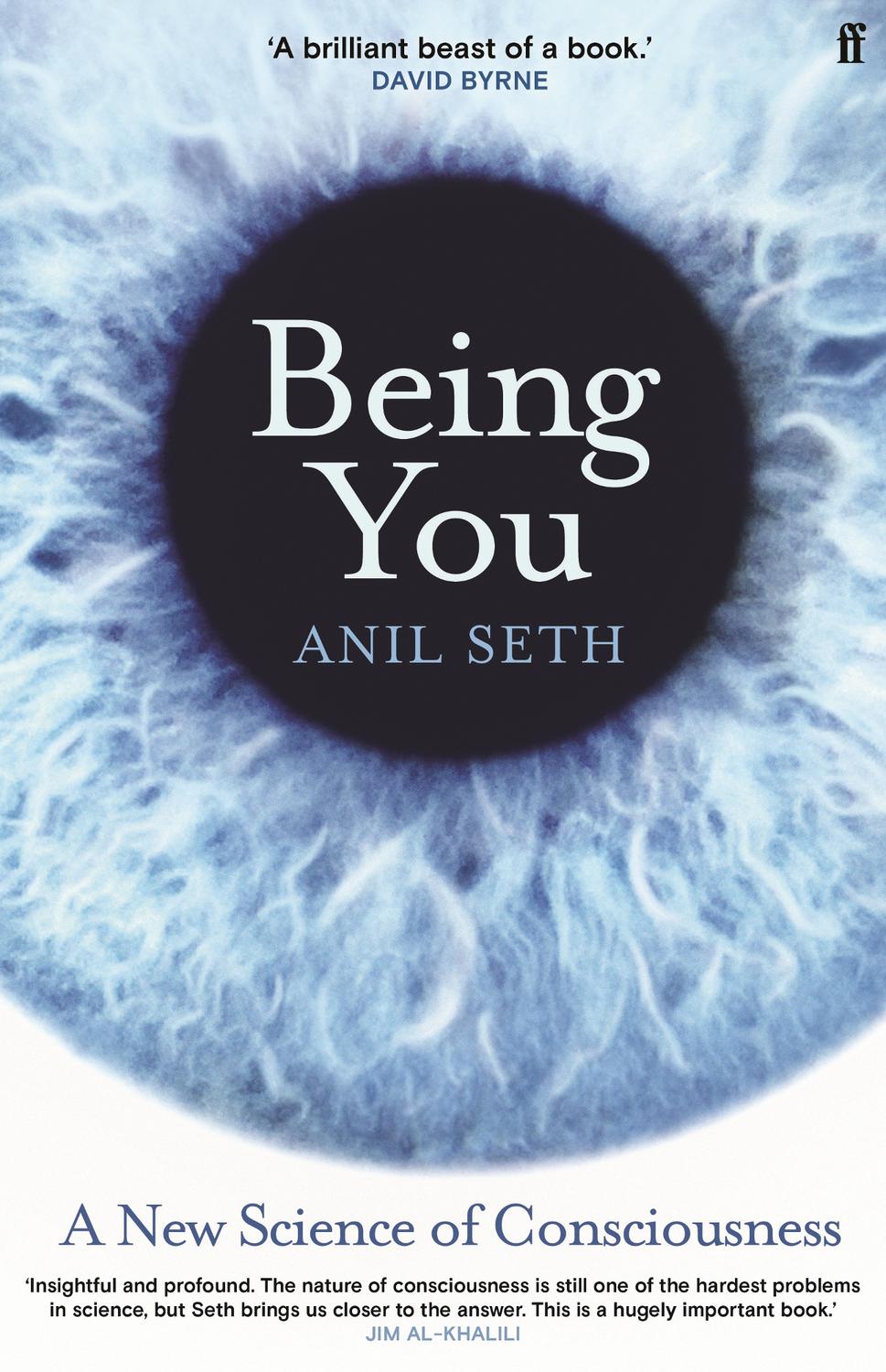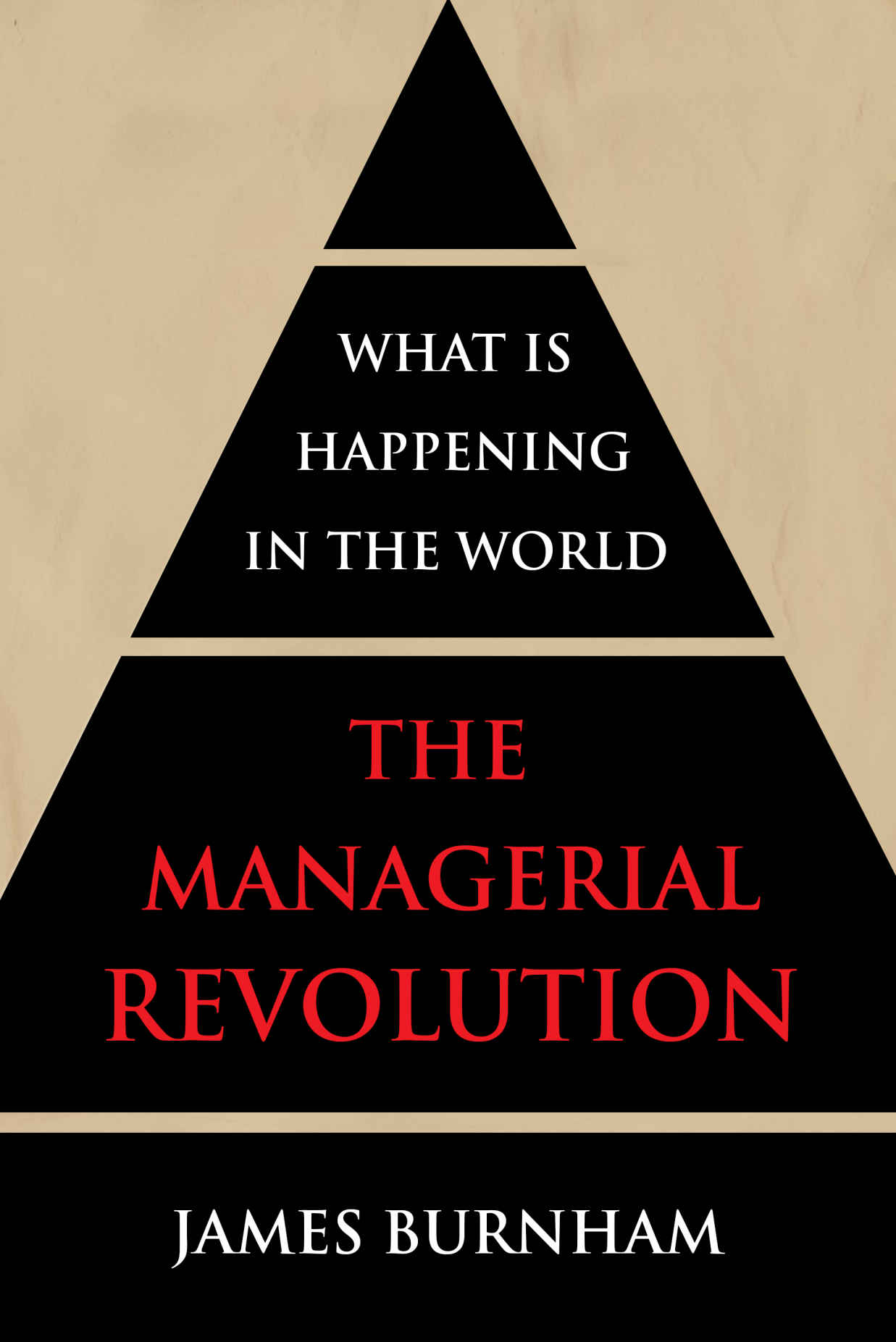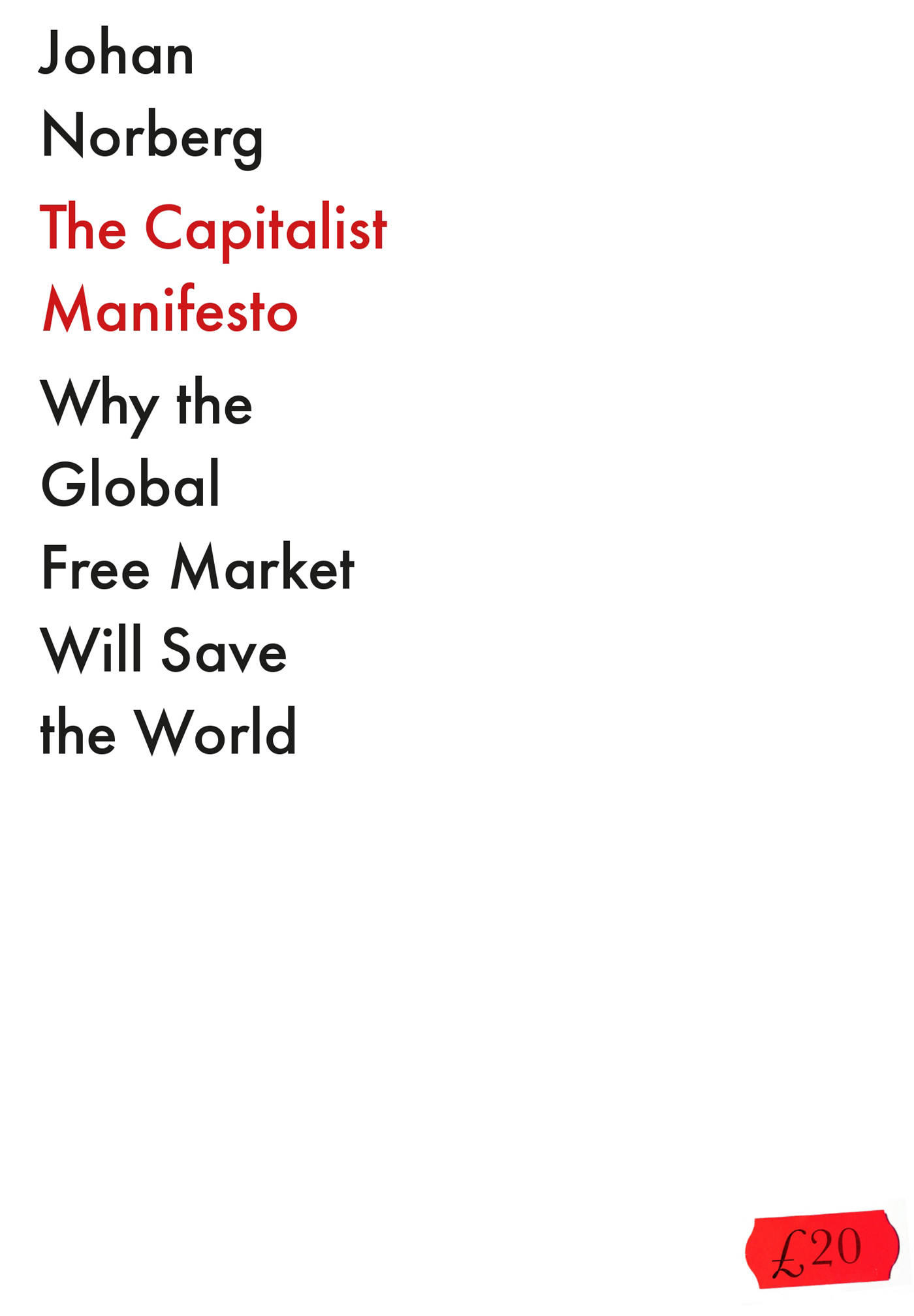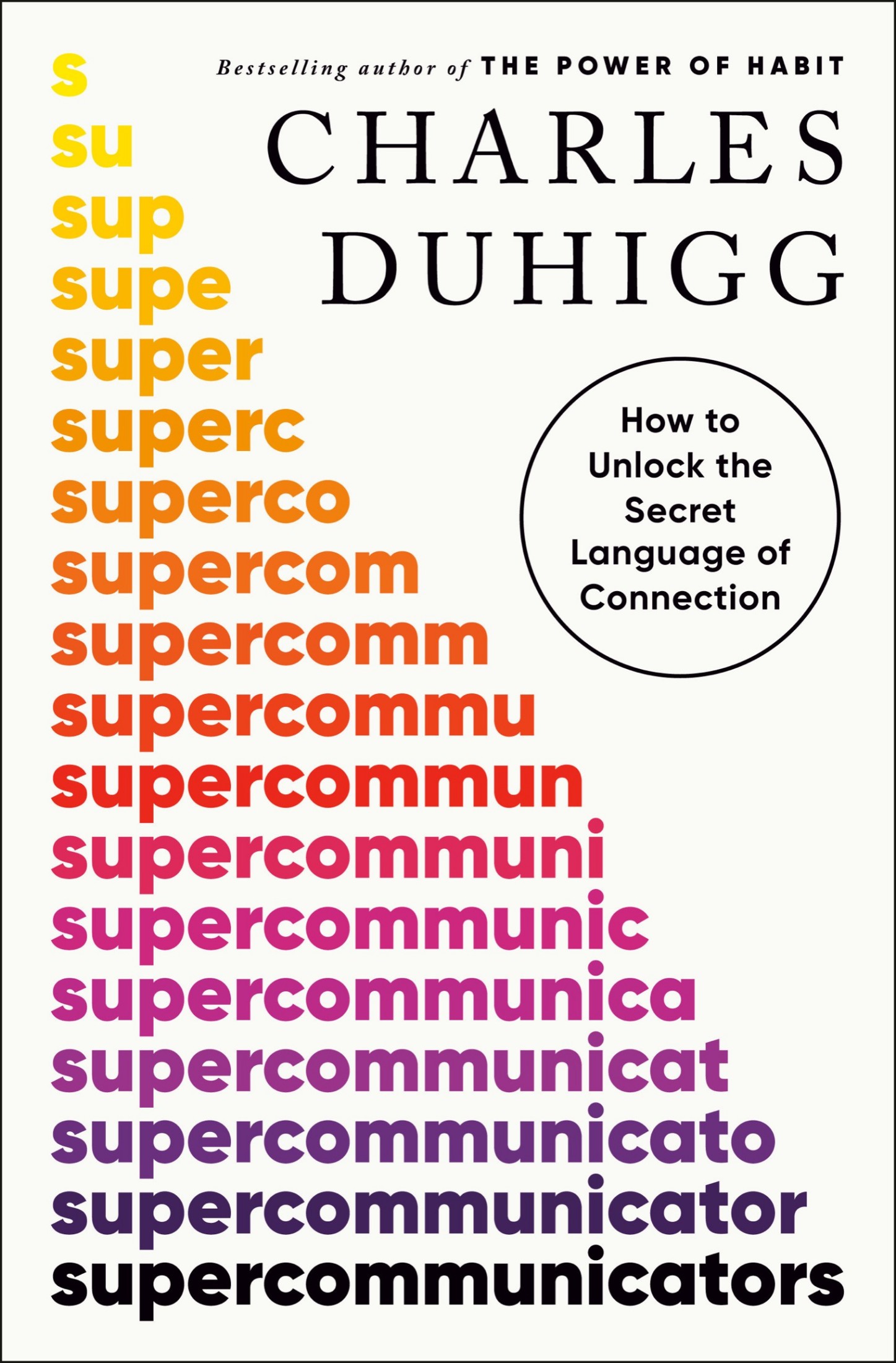-
Capitalist economy is strikingly characterized by a special kind of periodic economic crisis, not met with or occurring only very rarely and on limited scales in other types of society. These capitalist crises of production have no relation either to “natural catastrophes” (drought, famine, plague, etc.) or to people’s biological and psychological needs for the goods that might be turned out, one or the other of which determined most crises in other types of society. The capitalist crises are determined by economic relations and forces. It is not necessary for our purpose to enter into the disputed question of the exact causes of the crises; whatever account is given, no one denies their reality, their periodic occurrence, and their basic difference from dislocations of production and consumption in other types of society.
-
An “ideology” is similar in the social sphere to what is sometimes called “rationalization” in the sphere of individual psychology. An ideology is not a scientific theory, but is nonscientific and often antiscientific. It is the expression of hopes, wishes, fears, ideals, not a hypothesis about events—though ideologies are often thought by those who hold them to be scientific theories.
-
Among the elements entering into the ideologies typical of capitalist society, there must be prominently included, though it is not so easy to define what we mean by it, individualism. Capitalist thought, whether reflected in theology or art or legal, economic, and political theory, or philosophy or morality, has exhibited a steady concentration on the idea of the “individual.” We find the “individual” wherever we turn: in Luther’s appeal to “private interpretation” of the Bible as the test of religious truth;
-
According to the prevailing capitalist idea, the fundamental unit of politics, psychology, sociology, morality, theology, economics was thought of as the single human individual. This individual was understood as complete “in himself,” in his own nature, and as having only external relations to other persons and things. Though Hegel and his followers notoriously reject this conception, it is unquestionably typical, and is implicit where not explicit in most of the influential doctrines and public documents of the fields just mentioned. The Church, the state, the ideal utopia, are not realities in themselves but only numerical sums of the individuals who compose them.
-
Finally, in capitalist society, the theological and supernatural interpretation of the meaning of world history was replaced by the idea of progress, first appearing in the writers of the Renaissance and being given definite formulation during the eighteenth century. There were two factors in the idea of progress: first, that mankind was advancing steadily and inevitably to better and better things; and, second, the definition of the goal toward which the advance is taking place in naturalistic terms, in terms we might say of an earthly instead of a heavenly paradise.
-
If socialism is to come, the working class, as we have seen, has always, and rightly, been held to be the primary social group which will have a hand in its coming. According to Marx himself, the inherent development of capitalist society as it tended toward centralization and monopoly was such that there would take place the “proletarianization” of the overwhelming bulk of the population; that
-
There has been a corresponding change in the technique of making war, which, since social relations are ultimately a question of relative power, is equally decisive as a mark of the deterioration in the social position of the working class.
-
The general field of the science of politics is the struggle for social power among organized groups of men.
-
“Defense” for an individual usually means preventing some other individual from hitting him; “struggle” means literal and direct physical encounter, and we can easily observe who wins such a struggle. But “defense” and “struggle” in the case of social groups—classes or nations or races or whatever the groups may be—are far more complicated matters. Such words are, when applied to groups, metaphors. This does not mean, as we are told by our popularizing semanticists who do not understand what semantics teaches, that we ought not use such words. It means only that we must be careful, that we must not take the metaphor as expressing a full identity, that we must relate our words to what actually happens.
-
First, that the net result in terms of alterations of the structure of society was to benefit, above all, the bourgeoisie, as against all other sections of society, and to leave the bourgeoisie ever more securely the ruling class in society. Second, the bulk of the actual fighters were not themselves capitalists. Presumably, at least where it was not a matter of direct compulsion, most of those who fought believed that they did so for ends which were beneficial to themselves; but, at least so far as economic and social benefit went, this turned out, for the non-bourgeois bulk of the fighters, either not to be the case at all or at least far secondary to the benefit resulting to the capitalists. Similar remarks apply to the development of the new ideologies. From the time of the Renaissance a number of more or less related new ideologies—religions, philosophies, moralities, theories of law and politics and society—were developed, and some of them became widely believed. None of these ideologies spoke openly in the name of the bourgeoisie; none of them said that the best kind of society and politics and morality and religion and universe was one in which the capitalists were the ruling class; they spoke, as all important ideologies do, in the name of “truth” and for the ostensible welfare of all mankind.
-
It must be stressed that the building of bourgeois dominance began and was carried far within feudalism, while the structure of society was predominantly feudal in character, while, in particular, the political, religious, and educational institutions were still controlled in the primary interests of the feudal lords. This was possible because society accorded the capitalists, at least to a sufficient extent, those “rights” necessary for carrying on capitalist enterprise—of contract, of taking interest, hiring free workers for wages, etc.—in spite of the fact that most of these rights were directly forbidden by feudal law, custom, and philosophy (often, as in the case of taking interest, pious formulas were used to get around the prohibitions), and in spite of the fact that the wide extension of capitalist relations meant necessarily the destruction of the social dominance of the feudal lords.
-
A bourgeois state, a state “controlled” by the bourgeoisie, means fundamentally a state which, by and large, most of the time and on the most important occasions, upholds those rights, those ways of acting and thinking, which are such as to permit
-
A third source of conflict is found in what we might call “occupational bias,” a point to which we shall return later. The different things which these different groups do promote in their respective members different attitudes, habits of thought, ideals, ways and methods of solving problems. To put it crudely: the managers tend to think of solving social and political problems as they co-ordinate and organize the actual process of production; the nonmanagerial executives think of society as a price-governed profit-making animal; the finance-capitalists think of problems in terms of what happens in banks and stock exchanges and security flotations; the little stockholders think of the economy as a mysterious god who, if placated properly, will hand out free gifts to the deserving.
-
These two rights (control of access and preferential treatment in distribution) are fundamental in ownership and, as we have noted, determine the dominant or ruling class in society—which consists simply of the group that has those rights, or has them, at least, in greater measure than the rest of society, with respect to the chief instruments of production.
-
But if we reinterpret the phrase “separation of ownership and control” to mean “separation of control over access from control over preferential treatment in distribution”—and this is partly what lies back of the Berle and Means analysis—then we are confronted
-
The contention of the last chapter that control over the instruments of production is everywhere undergoing a shift, away from the capitalists proper and toward the managers, will seem to many fantastic and naïve, especially if we are thinking in the first instance of the United States. Consider, it will be argued, the growth of monopoly in our time. Think of the Sixty Families, with their billions upon billions of wealth, their millions of shares of stock in the greatest corporations, and their lives which exceed in luxury and display anything even dreamed of by the rulers of past ages. The managers, even the chief of them, are only the servants, the bailiffs of the Sixty Families. How absurd to call the servant, master! Such would have been the comment—except, perhaps, of a few in a few small towns—Florence, Genoa, Venice, Bruges, Augsburg—if anyone had in the early fifteenth century been so much a dreamer as to suggest that control was then shifting from the feudal lords toward the small, dull, vulgar group of merchants and traders and moneylenders.
-
The instruments of production are the seat of social domination; who controls them, in fact not in name, controls society,
-
The inability of a ruling class to assimilate fresh and vigorous new blood into its ranks is correctly recognized by many sociologists as an important symptom of the decadence of that class and its approaching downfall.
-
In capitalist society, the role of government in the economy is always secondary. The government acts in the economy chiefly to preserve the integrity of the market and of capitalist property relations, and to give aid and comfort, as in wars or international competition or internal disturbances, where these are needed. This we have noted in describing the general features of capitalist society. This restriction in the government’s sphere of activity—whatever the form of the government, dictatorial or democratic, in the political sphere—is not a coincidence, but, it must be stressed again, an integral part of the whole social structure of capitalism. Capitalist economy is a system of private ownership, of ownership of a certain type vested in private individuals, of private enterprise. The capitalist state is therefore, and necessarily, a limited state.
-
you cannot call an economy of state ownership capitalist, because in it there are no capitalists A capitalist is one who, as an individual, has ownership interest in the instruments of production; who, as an individual, employs workers, pays them wages, and is entitled to the products of their labor.
-
There are many millions of persons and many groups in the world today who consciously advocate state ownership of the instruments of production. They do so out of a variety of motives: some because they think it will bring a classless society and freedom, others because they think it will make possible universal material well-being, others from even more abstractly moral reasons. The attitude and actions of these persons and groups are one of the important social forces tending to bring about state ownership. Nevertheless, the result of state ownership does not depend upon the motives from which these persons advocate it.
-
Many persons want state ownership and control, but the tendency toward state ownership and control is not by any means dependent exclusively on the fact that many people want it and deliberately work toward it. There are persons who want to revive feudalism, who would like socialism, no doubt even those who wish for chattel slavery; but actual conditions prevent their wants from having any chance of being realized. The circumstances, problems, and difficulties of the present, however, all combine to furnish soil on which state ownership and control grow rapidly. Private enterprise proves unable to keep the productive process going; the state therefore steps in. Modern total war demands the co-ordination of the economy; this can be done only through state control. Private investment dries up; state investment takes its place. Private enterprise fails to take care of the unemployed; the state gives them jobs.
-
managerial economy is no longer “the profit system.”
-
Managerial economy would not be going to replace capitalist economy unless it could solve, at least in some measure, those key difficulties (which we noticed in Chapter III) that are faced by capitalism and make impossible the continuance of capitalism. We know, without waiting for the future, that managerial economy can do away with mass unemployment or reduce it to a negligible minimum. This was done, by managerial methods, in Russia and Germany at the same time that England, France, and the United States proved incapable of doing it by capitalist methods. The question here is not whether we “approve” of the way in which mass unemployment was or will be got rid of. We may think that unemployment is preferable to, for example, conscript labor battalions. Nevertheless, mass unemployment is the most intolerable of all the difficulties that any economy can face, sufficient, by itself, to guarantee the collapse of an economic system; and we are concerned with the fact, already sufficiently proved, that managerial methods and managerial economic relations can get rid of unemployment, whereas capitalist methods no longer can do so.
-
Put in the crudest way, there will continue to be, as there has always been in human history, fighting over the spoils. The fight may translate, and thereby partly hide, itself into political and juridical, as well as physical, forms that we do not as yet suspect, but it will go on. And this is sufficient reason, if there were no others, why we should have as little faith in the promises of the ideologies of the managers—fascist or Leninist or Stalinist or New Dealer or technocratic—as we ought to have learned to have in those of the capitalists, when they tell us that following their pipe will guarantee
-
Any organised society patterns its life according to certain rules—customs, laws, decrees. These rules may not be written down, may not be explicitly formulated even in verbal terms, but they must exist or there would be no sense in calling the society organized. The origin of many of the rules, at any given moment, is lost in a remote past; but there must be within the society some mechanism for enforcing those taken over from the past, and, since the rules are always changing and being added to or dropped, for stating and enforcing new or changed rules. A social group which makes and enforces its own rules for itself, and does not recognize rules made for it by an agency outside the group, is called “autonomous” or “sovereign”—such as the capitalist nations all claimed to be and the chief of them in fact were.
-
The “sovereignty” of the group, by virtue of which rules are made, cannot, however, simply float in the group air. It must be localized, concretized, in some human institution which is accepted as the institution from which rules (in complex society called “laws”) come.
-
Freedom along certain lines always implies restrictions along other lines.
-
The key characteristic of “democracy” as we use the word (whatever it may have meant to the Greeks who invented it) is the granting of the right of political expression to minorities. More fully: democracy is a political system where policy is decided, directly or indirectly, by a majority, and where minorities, differing in their opinion from the majority, have the right of political expression and the opportunity, thereby, of becoming a majority.
-
Furthermore, there are always, in fact, restrictions about the limits of democratically acceptable opposition. When the minority goes beyond these limits it is not given rights to propagate its views but suppressed as “subversive” or “criminal” or “vicious.”
-
Discontent and opposition, under an absolute dictatorship, having no mechanism for orderly expression, tend to take terroristic and, in times of crisis, revolutionary forms. The example of capitalist parliaments shows how well democratic possibilities are able to make discontent and opposition harmless by providing them with an outlet.
-
Sovereignty for a nation implies that the nation makes laws for itself and recognizes no superior lawmaker. It means that the nation sets up tariffs and other import and export controls, regulates its own foreign policies and its own currency, and maintains civil, diplomatic, and military establishments. The simultaneous existence of many sovereign nations in the modern world necessarily means an anarchic situation in world politics. This must be because, since each sovereign nation recognizes no lawmaker superior to itself, there is in the end no way except by force to mediate the deep conflicts that are bound to arise among the various nations.
-
All organized societies are cemented together, not merely by force and the threat of force, and by established patterns of institutional behavior, but also by accepted ways of feeling and thinking and talking and looking at the world, by ideologies.
-
The problem with an ideology is not, when properly understood, whether it is true, but: what interests does it express, and how adequately and persuasively does it express them?
-
Scientific theories are always controlled by the facts: they must be able to explain the relevant evidence already at hand, and on their basis it must be possible to make verifiable predictions about the future. Ideologies are not controlled by facts, even though they may incorporate some scientific elements and are ordinarily considered scientific by those who believe in them.
-
The major ideologies of capitalist society, as we noted briefly in an earlier chapter, were variants on the themes of: individualism; opportunity; “natural rights,” especially the rights of property; freedom, especially “freedom of contract”; private enterprise; private initiative; and so on. These ideologies conformed well to the two requirements stated above. Under the interpretations given them, they expressed and served the interests of the capitalists. They justified profit and interest. They showed why the owner of the instruments of production was entitled to the full product of those instruments and why the worker had no claim on the owner except for the contracted wages. They preserved the supremacy of the field of private enterprise. They kept the state to its limited role.
-
In 1933, in Germany itself, no group among the masses was willing to risk life to stop the Nazi assumption of power; Hitler took power without a civil war. The capitalist ideologies did not provide a sufficient incentive for heroism. In the Saar and in the Sudetenland, the masses had had their experience of capitalism and capitalist democracy. They chose Hitler and Nazism. There is not the slightest doubt that overwhelming majorities in both were in favor of becoming part of Hitler’s Germany. It may be granted that terrorism and skilled propaganda methods played some part in influencing opinion. But to imagine that these were the full explanation would be shallow and absurd. Terrorism and skilled technique cannot by themselves put across an ideology that has no roots in mass appeal. The fact is that Nazism was preferred by the masses to the capitalist ideologies.
-
differences, but these are of no serious importance. The anticapitalist pages of fascist and communist analyses could usually be interchanged without anyone’s being able to tell which came from which. This holds for the critiques of capitalist economy, politics, and ideologies. The two ideologies are the same also—and this is most influential in developing patterns of attitude—in their scorn and contempt for “capitalist morality,” in their scathing dismissal of “natural rights” as capitalism understands these rights. They unite to attack “individualism,” root and branch. In both ideologies, the “state,” the “collectivity,” “planning,” “co-ordination,” “socialism,” “discipline” replace the “individual,” “free enterprise,” “opportunity,” as attitude-terms to hammer into the consciousness of the masses. Fascist and communist ideologies denounce in the same words the “chaos” and “anarchy” of capitalism. They conceive of the organization of the state of the future, their state, exactly along the lines on which a manager, an engineer, organizes a factory; that is, their conception of the state is a social extension generalized from managerial experience. And they have identical conceptions of “the party”—their party, with a monopoly in the political field.
-
Communism (Leninism-Stalinism), fascism-Nazism, and to a more-partial and less-developed extent, New Dealism and Technocracy, are all managerial ideologies. That is, in short: as ideologies they contribute through their propagation to the development of attitudes and patterns of response which are adverse to the continuance of capitalism and favorable to the development of managerial society, which are adverse to the continued social acceptance of the rule of the capitalists, and favorable to the social acceptance of the rule of the managers.
-
The mysteries and puzzles that are found in connection with Russia, the failure of predictions about her future course, can be accounted for in just the same way that similar mysteries and puzzles and failures are accounted for in other fields: by the fact that the phenomenon of Russia is treated from the point of view of false theories. The false conclusions drawn, the bewilderment, show us that the theories from which they proceed are wrong. Commentators, in desperation, fall back on the “morbid Russian soul” to excuse their inability to understand events. Disappointed friends of Russia keep complaining that the Russian government is “inconsistent with its principles,” that it has “betrayed” socialism and Marxism—in
-
The Russian Revolution was not a socialist revolution—which, from all the evidence, cannot take place in our time—but a managerial revolution. It was not the only possible kind of managerial revolution, but it was one kind, the kind the pattern of which this chapter has explained. The sharp revolutionary crisis has been succeeded by the consolidation of the new class regime in a manner altogether analogous to a number of the capitalist revolutions. The outcome of the revolution is the development of a new structure of society—managerial society, a new order of power and privilege which is not capitalist and not socialist but that structure and order which this book has described. Leninism-Stalinism (“Bolshevism”) is not a scientific hypothesis but a great social ideology rationalizing the social interests of the new rulers and making them acceptable to the minds of the masses. There is nothing inconsistent between this ideology on the one side and the purges, tyrannies, privileges, aggressions on the other: the task of the ideology is precisely to give fitting expression to the regime of those
-
Money left its “free” metallic base to become “managed currency” under the direction of the state.
